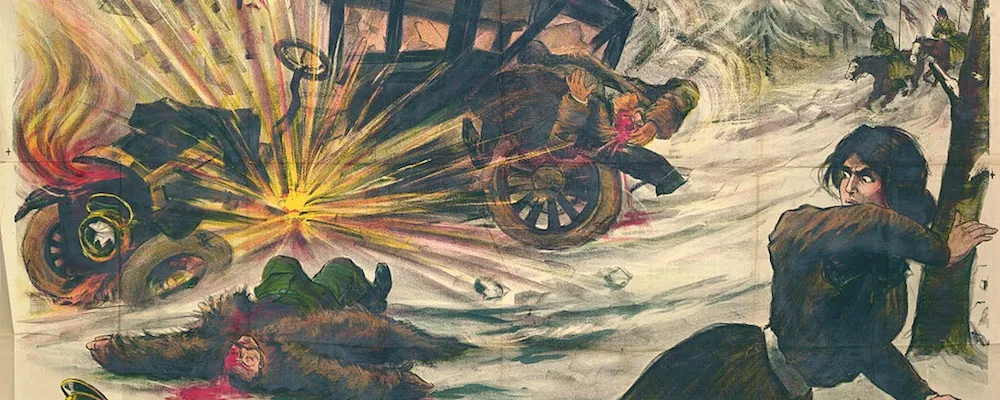Terrorism Policysplainer
Thursday June 16, 2016



As part of the ongoing national discussion about the events in Orlando, I noted on Facebook that the shooting may not be terrorism. And, rightly, someone asked a simple question:
What are the alternatives to it being terrorism? Is it a hate crime?
Almost 15 years after September 11th, it’s really hard for Americans to understand what is terrorism and what isn’t. The distinction is not so important in the aftermath, since terrorism and non-terrorism mass shootings are usually addressed the same way. Neutralize the perpetrator(s) and seek medical attention for the victims. We also address natural disasters in the same way. Generally, the response to all these events falls into the domain of “homeland security,” but that’s about the response, not about the cause. This is where the confusion begins, but the distinction is important because terrorist and non-terrorist events have different policy prescriptions, and this week has shown why it matters.
Terrorism has several different definitions, but they all focus on the motivation, not the act. In a narrow definition, terrorism is a crime of violence against the public to convince the government to make a policy change. That’s a bit too narrow, however, and leaves out critical subcases. A better definition of terrorism is violence against third parties to convince a second party to change something. That definition is more illuminating than other definitions. Under both, the events of September 11th, Oklahoma City, and San Bernadino were all terrorism.
Also, it’s necessary to recognize that acts of war committed by nation-states in open and declared armed conflict are not terrorism. Accordingly, the bombings of London, Dresden, Hiroshima, and Nagasaki, are not terrorism, no matter who is injured.
But hate crimes generally are terrorism. This leads a question asked by this article:
In brief, the article asks why is Orlando terrorism and Charleston is not. The answer given by the article is racism, and I completely agree with that assessment: The Charleston church shooting was terrorism. In Charleston, the shooter was motivated and hoped to ignite a race war between blacks and whites in the United States. I am not sure what the shooter expected the remaining 25 percent of the country to do, but rationality does not seem to have been a primary concern. Regardless, this is violence against a third party to instigate some sort of action by others. That’s terrorism, even if the shooter is white.
Orlando is different. Despite the rush to call Mateen a radical Islamic terrorist, there’s not a lot of evidence to support the claim. Actually, there’s none. It seems as though the shooter may have been motivated by his own emotions and desires. Evan Hurst at Wonkette has a pretty good summary of what seems to be going on. The key point, according to Hurst, is,
[I]t’s reported that Mateen was a user of gay dating apps like Grindr, Adam4Adam and Jack’d. (And a creepy user, at that.)
There’s no policy component to this. There’s no rational reasoning to this. If these reports are correct, and they are certainly more credible than the claims Mateen was radicalized through the Internet, then Mateen was unable to process his own sexual identity. That happens, sometimes, and Mateen may have just been mentally ill. It may be an exceptionally unsatisfying conclusion, but not every crisis leads to easy morality. In fact, few do.
Again, this all matters because the policy prescriptions to prevent these sorts of attacks are different from those to address terrorism. Banning Muslims from entering the country would not have prevented this attack. Setting aside the legal and ethical dimensions of this, it just doesn’t make sense. Mateen was a New Yorker. Now, additional evidence may be forthcoming, but Mateen seems to be an open and shut case of an open and shut case. Unless and until it is clear that the shooter were motivated by some clear policy objective, it is irresponsible to call it terrorism and also addresses the wrong problem.